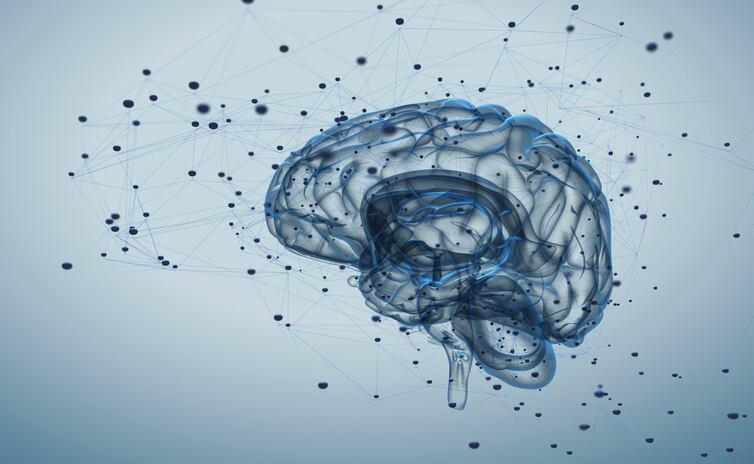The findings also observe that increases in flavonol consumption during the intervention period were associated with improvements in memory scores.
Professor Gunter Kunhle, professor of nutrition and food science at Reading university, tells NutraIngredients: “There seems to be an optimal amount of flavanol intake (around 500 mg/d) – consuming more does not give much benefit, but those consuming less would benefit from an increase.
“A dietary recommendation for flavanols would be a shift away from the prevention of deficiencies towards maintaining health (like for fibre), and I think it is time to consider such an approach in official guidelines. This should not be limited to flavanols of course, there are other bioactive compounds that might be relevant – but the work on flavanols could serve as a model,” he stresses.
Flavonols for the mind
With an ageing population, the prevalence of age-related cognitive issues has been increasing. The subsequent considerable burden these conditions have placed on society has established an increasing need to address these issues.
There has been significant research to suggest that flavonoids, compounds naturally found within fruits and vegetables, may prevent this cognitive decline with age. Specifically, studies have suggested that they may be associated with hippocampal-dependent memory.
Following this, the researchers sought to investigate the potential effect of dietary flavanols on cognitive aging within a large-scale randomised control trial.
Study specifics
The study included the recruitment of 3,562 older adults, with an average age of 71 years. Participants were randomly assigned to be administered either 500mg of cocoa flavanols per day or the placebo, over a three-year intervention period.
Diet quality and flavanol intakes were measured at baseline using the alternative Healthy Eating Index, whilst urine-based biomarkers were obtained in some participants. Scores for memory were assessed by three cognitive measures, including the ModRey for hippocampal memory function, Flanker test, and ModBent
It was established that baseline diet and habitual flavanol intakes were positively correlated with hippocampal-dependent memory.
Furthermore, in those with lower dietary quality scores or flavanol consumption, it was reported that the flavanol intervention significantly improved scores in the ModRey test, suggesting restored hippocampal-dependent memory. In addition, increasing consumptions of flavanols over the intervention period was found to be associated with improvements in memory.
However, it should be noted that at the primary prespecified end point of one year, there was no significant improvement in memory in the participants following the intervention.
Explained
“The experimental findings implicate dietary flavanols as a specific constituent of a healthy diet that when habitual consumption is lower can underlie the hippocampal-dependent memory component of cognitive aging,” the researchers emphasise.
The report notes that previous studies have mirrored these findings, with dietary flavanols enhancing hippocampal-dependent memory by increasing synaptic and blood vessel density. This was shown within a sub-region of the hippocampus and previously confirmed by neuroimaging techniques.
Kunhle explains how the findings add to an extension research effort into flavanols: “Flavanol research has been going on for several decades, so we have a lot of very good data on their metabolism, their effect on health and potential modes of action.
"This study has built on previous research to develop defined interventions (the cocoa flavanols used) and nutritional biomarkers to measure intake more objectively (that happened partly at Reading). This in turn required the development of analytical methods and standards. The endpoints used – the memory tests – have been developed over several years by our colleagues at Columbia and the infrastructure to support COSMOS – which is based on the Women’s Health Initiative – has been set up by the group in Harvard."
With regards to the unanswered questions that still require investigation, he notes the lack of representative data on a population-wide intake of flavonols. He adds that inter-individual differences in response to flavanols, such as the impact of genetics, need to be further explored.
Source: PNAS
https://doi.org/10.1073/pnas.2216932120
“Dietary flavanols restore hippocampal-dependent memory in older adults with lower diet quality and lower habitual flavanol consumption”
Adam M. Brickman, Lok-Kin Yeung, Daniel M. Alschuler, Javier I. Ottaviani, Gunter G. C. Kuhnle, Richard P. Sloan, Heike Luttmann-Gibson, Trisha Copeland, Hagen Schroeter, Howard D. Sesso, JoAnn E. Manson, Melanie Wall, and Scott A. Small

